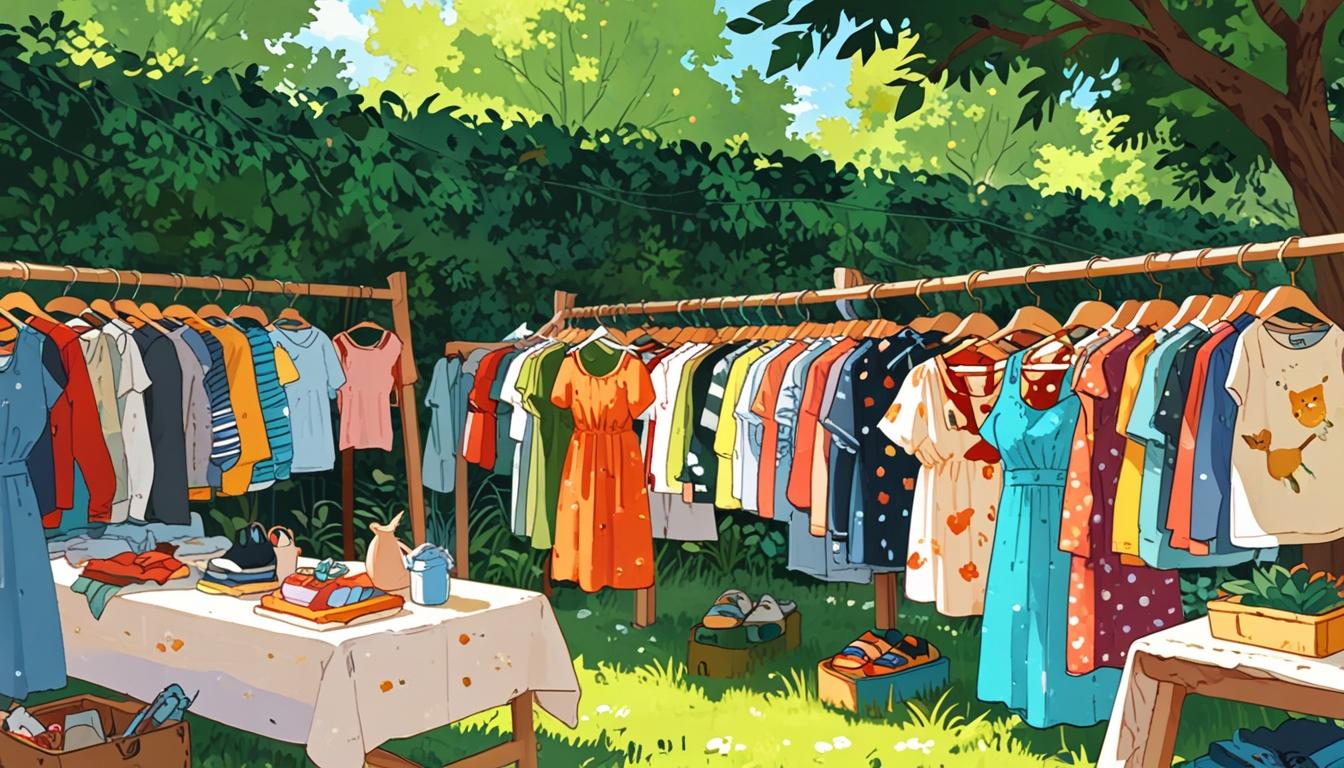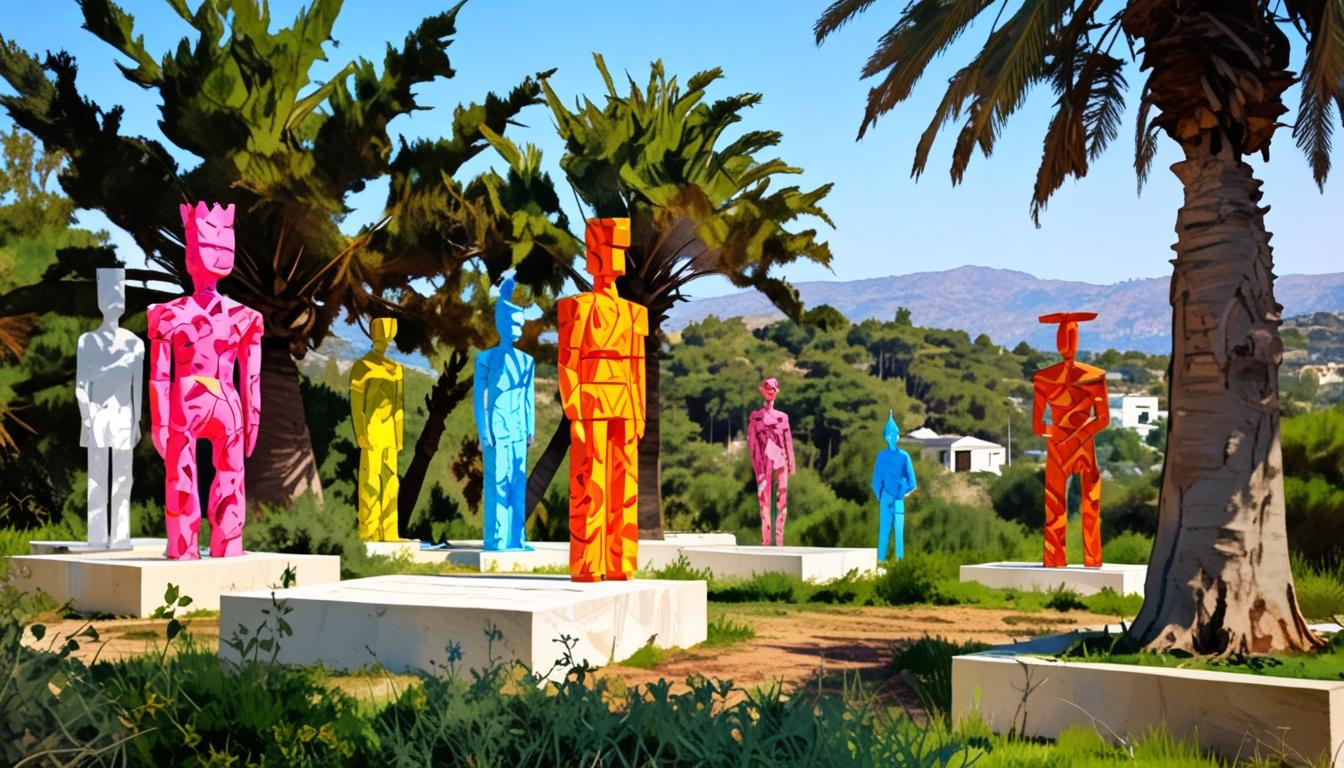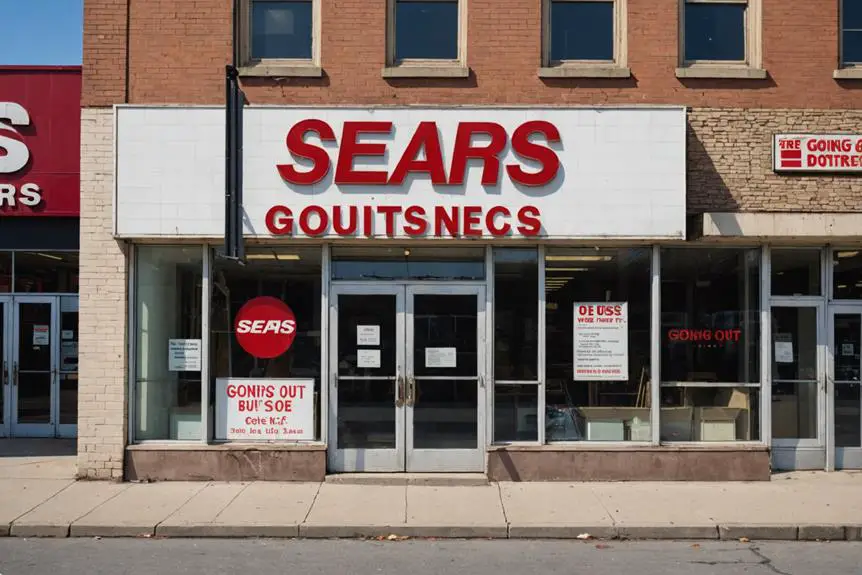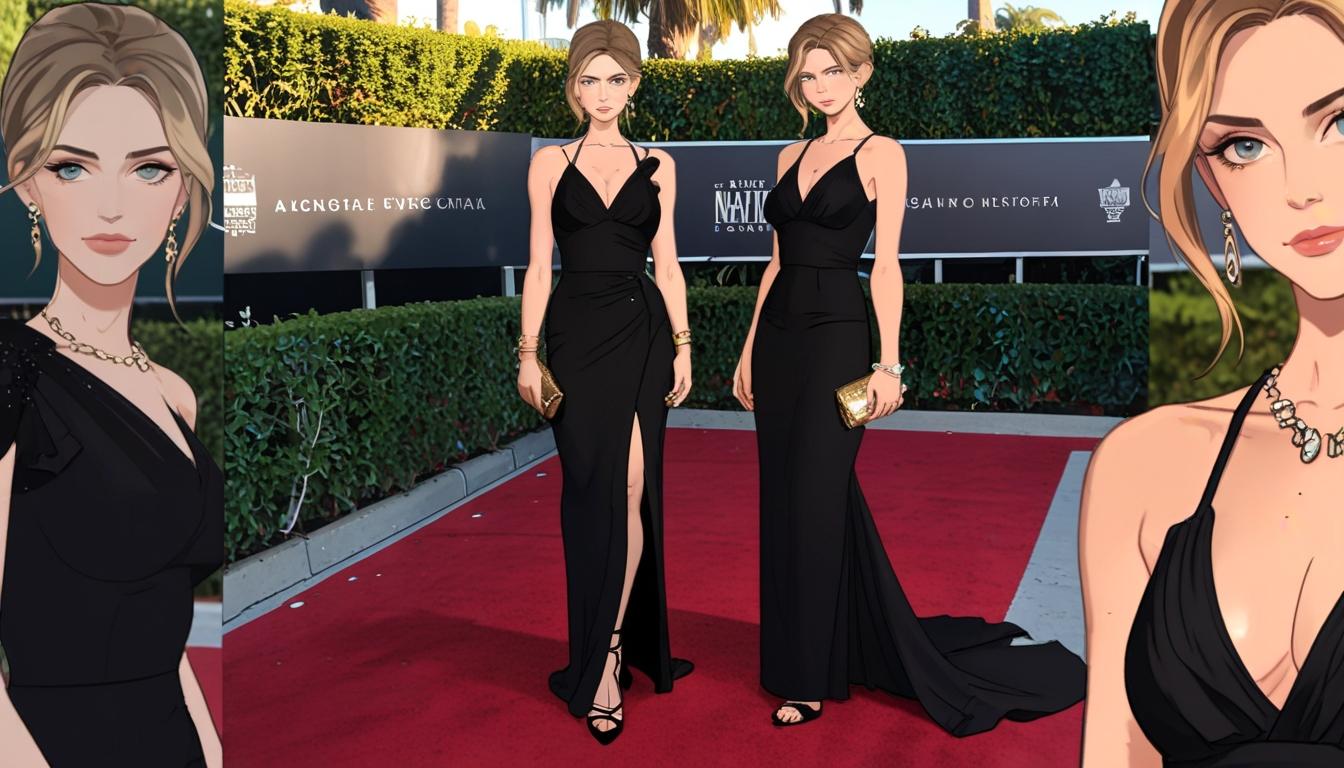Amid growing concerns over environmental impact, UK parents are increasingly opting for second-hand children’s clothing, driving a surge in independent brands and platforms catering to this trend.
Parents in the UK are increasingly turning to second-hand children’s clothing as a sustainable and cost-effective solution, responding to alarming statistics that highlight the fashion industry’s impact on the environment. According to Oxfam, a staggering 11 million clothing items are sent to landfill weekly in the UK, compounded by the fact that two-thirds of the children’s clothing market comprises low-cost brands. This wastefulness is particularly concerning as children’s clothing typically has a limited number of wears before outgrowing. In light of these issues, many independent brands are emerging that specialize in ethically produced second-hand children’s apparel.
Several online boutiques are providing a plethora of options for parents looking to dress their children in high-quality pre-loved items. One such brand, Slof, founded by Lisa, features a curated selection of designer second-hand clothes for kids aged 0 to 6 years. Lisa recalls her own experiences with sustainable fashion when looking for an affordable, ethical tutu skirt for her niece, leading her to establish Slof which offers items like a Knot Cashmere Cardi for £12 and shoes from £22.
Little Cactus & Co focuses on sustainable denim, providing a range of vintage dungarees from reputable brands such as Oshkosh and Levi’s. Founder Nat was inspired to start the business after realizing how quickly her son outgrew clothes and the sentimental value of the dungarees she had once owned. Little Cactus & Co not only offers quality clothing but also sustainable toys and a buy-back scheme to promote circularity in children’s fashion.
Dotte is another innovative platform where parents can both buy and sell second-hand children’s clothing. The site features popular brands including Mini Rodini and Bobo Choses while also offering recycling options for significantly damaged clothing for a small fee. The founder has plans to start selling clothing on Dotte soon.
Rachel, the founder of Archie Fuzz, specializes in upcycling second-hand jackets into personalized statement pieces for children. These jackets often feature creative designs made from fabric scraps sourced from local theatre productions, allowing for a unique, eco-friendly fashion option.
In North London, the upcoming second-hand swap and shop called Tot Swap promises to assist families in accessing high-quality pre-loved items from familiar brands like Boden and Ralph Lauren. Its founder, Emma, aims to promote sustainability while also providing a means for families to donate clothing, with 70% of sales from donated items earmarked for community support.
For luxury designer clothing, Kidswear Collective provides a platform for parents to find previously owned high-end fashion labels, with a portion of sales benefiting the NSPCC. Similarly, Littlest Luxuries curates pre-loved designer collections for older children and even teenagers, emphasizing the breadth of available options.
Other notable mentions in the second-hand children’s clothing space include Wolf & Mabel, which celebrates vintage styles, and Little Raine PreLoved Drops, founded by Serena, which offers a beautifully selected range of used kids’ clothes. Monstrous Vintage Kids and Little Legs Vintage focus on vintage apparel, bringing unique styles to the market.
Loopster stands out for its extensive inventory and low prices, with garments starting as low as £1.50, effectively extending the lifecycle of children’s clothing. The rise of these brands and platforms illustrates a growing shift towards circular fashion, aiming to minimize waste and promote sustainability in children’s clothing.
As awareness grows, the demand for quality second-hand children’s clothing is likely to continue rising, with more brands and initiatives emerging to meet this need. The trend towards sustainable fashion choices reflects changing attitudes among parents towards consumption and environmental responsibility.
Source: Noah Wire Services




